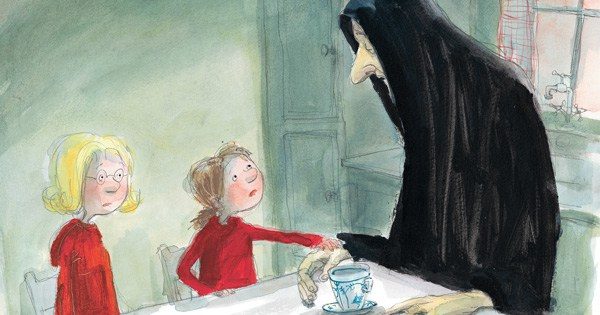Are the mental habits of the memoirist conducive to happiness? Do we risk distancing ourselves from our experiences by writing about them? Is it possible to abstain from self-narrativization?
We all self-tell to varying degrees. Literature would be nothing without the great generosity of writers who have divulged, examined, and dissected their lives in the hopes of sharing some tangled and illuminating insight. But is there a price to pay for standing back, for mining slivers of meaning from the residue of an experience?
Patti Smith, author of the memoir Just Kids, argues that the writer can never enjoy the equanimity of the non-writer. “You never can be normal,” she says. “You go into church to pray, and you start writing a story about being in a church praying. You’re always observing what you do. I noticed that when I was young going to parties. I could never lose myself in a party unless I was on the dance floor because I was always observing—observing or creating a mental scenario.”
Woolf was a writer whose work epitomized this state of perpetual self-examination. From The Waves to On Being Ill, everything she wrote feels like a flood of revelation and reflection. It is rare to encounter such fierce intelligence and, yet, almost pathological self-awareness. I know of few other writers who have put as much faith in writing as the path to self-understanding, who have so bravely explored the writer’s consciousness and the “violent moods” of the soul. As her biographer Hermione Lee noted: “She is always trying to work out what happens to that ‘myself’—the ‘damned egotistical self’—when it is alone, when it is with other people, when it is contented, excited, anxious, ill, when it is asleep or eating or walking, when it is writing.”
While it may be true that in telling stories we risk objectifying our experiences, I think Woolf’s most significant legacy was to show that, at its best, writing could also re-immerse us in our lives. The very phrase “moments of being” emerged from her belief that there are moments in which an individual experiences something intensely and with awareness, in contrast to the states of “non-being” that dominate most of an individual’s life, in which life is “not lived consciously,” but instead is embedded in “a kind of nondescript cotton wool.” For Woolf, it was the quality of attention and wakefulness intrinsic to a conscious writing life that could take a mundane activity (such as walking in the woods) and make it extraordinary.
Click here to read the full blog post.


